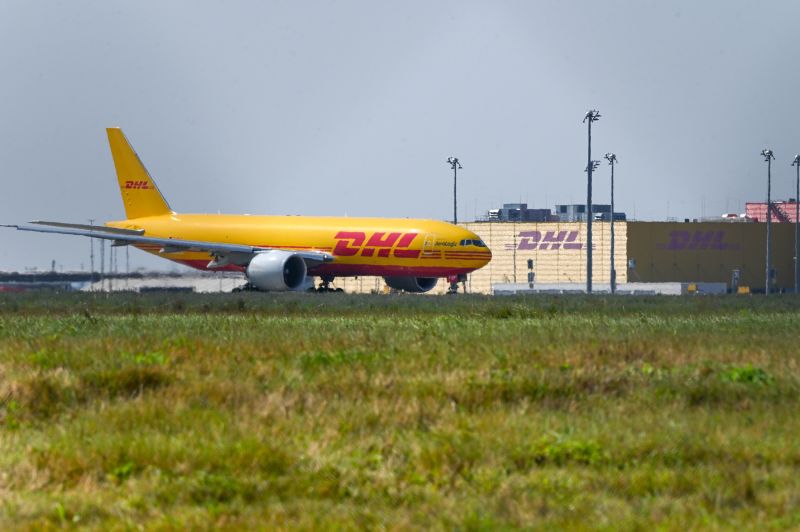US security contractor will take charge of key checkpoint in Gaza as Israeli forces withdraw
Russia suspected of sending incendiary devices on US- and Canada-bound planes, Wall Street Journal reports


Incendiary devices that ignited in Germany and the United Kingdom in July were part of a covert Russian operation that aimed to start fires aboard cargo and passenger flights heading to the US and Canada, the Wall Street Journal (WSJ) reported Monday, citing Western security officials.
In July, device explosions at DHL logistics hubs in Leipzig, Germany, and Birmingham, UK, kickstarted a race to find the suspects, WSJ reported.
The devices, which were reportedly electric massagers implanted with a magnesium-based flammable substance, were sent to the UK from Lithuania and “appear to have been a test run to figure out how to get such incendiary devices aboard planes bound for North America,” the WSJ reported.
When the WSJ asked Russia for comment about the suspected Russian plot, Kremlin spokesperson Dmitry Peskov denied the allegations. “We have never heard any official accusations” of Russian involvement, adding: “These are traditional unsubstantiated insinuations from the media.”” He said according to WSJ.
Polish authorities in October said four people had been arrested under suspicion of being involved in international sabotage and a sabotage group, according to a statement from the national prosecutor’s office. An international search has been initiated for two more suspects.
The Polish statement, which does not name the sabotage group, says “parcels containing camouflaged explosives and dangerous materials” were sent via courier to the UK and European Union countries and “spontaneously ignited or detonated during land and air transport.”
It adds that the group’s goal “was [also] to test the transfer channel for this type of shipments which were ultimately to be sent to the United States of America and Canada.”
The spokesperson added that the investigation is ongoing, and they are “liaising with other European law enforcement partners to identify whether this may or may not be connected to any other similar-type incidents across Europe.”
Multiple security officials across Europe describe a threat that is metastasizing as Russian agents, increasingly under scrutiny by security services and frustrated in their own operations, hire local amateurs to undertake high-risk, and often deniable, crimes on their behalf.











